Symbolic commemoration in front of the pig farm in Lety u Pisku, June 2014, photo: Gustav Pursche.
The struggle for the removal of the pig farm at the former “Gypsy camp” near Lety u Písku
The “Gypsy camp” at Lety u Písku in the former protectorate of Bohemia and Moravia, now in the Czech Republic, was built in 1940 as a prison and labour camp for “anti-social elements”. It was designed to hold 600 prisoners, but after it became a “Gypsy camp” in August 1942 it held (estimated) 1,309 men, women and children; 326 of them died there. Survivors speak about much higher numbers of prisoners and victims, while historical and archaeological research is still going on. Most of the inmates were deported to Auschwitz in 1943, and the camp was closed in August 1943. Almost the whole Czech Roma community was annihilated during World War II, only a tenth of the pre-war population survived.
During the 1970s, a large pig farm was constructed on the site of the Lety u Písku camp. Since 1993, when Paul Polansky‘s work drew the attention of the international public on the Lety camp, Roma activists have been demanding the removal of the pig farm and the establishment of a dignified memorial to commemorate the Roma victims during the Holocaust. In 1995, a small memorial in the shape of a stone was built on the presumed place of the mass graves of the victims, thanks to the initiative of the Czech President Václav Havel. Cenek Ružicka and the Committee to Redress the Victims of Roma Holocaust continued negotiations with the Czech government, although unsuccessfully. The EU, the International Holocaust Remembrance Alliance, Council of Europe and the UN Human Rights Committee urged the Czech authorities to remove the pig farm; at the same time the EU Agricultural Fund continued to send subsidies to maintain the farm.
Since 2012 the Roma grassroots organisation Konexe has been running campaigns to raise awareness and to remove the pig farm, declaring the pig farm as a symbol for the present antigypsyism in the Czech Republic. A one-week blockade of the main gate of the farm in May 2014, international commemorations with young Roma activists from all over Europe in cooperation with the European Grassroots Antiracist Movement EGAM, open letters in mainstream media, as well as protests against hate speech and Holocaust denial launched wide media and public attention. After two decades of struggle of Czech and European civil society, the Czech government finally signed a contract with the company in 2017 to buy the pig farm. According to the contract, the pig farm was closed in 2018, and a dignified memorial will be built on the site until 2023.
June this year, the Museum of Romani Culture in the Czech Republic announced the winner of the landscape-architectural competition for the design of the future memorial for the murdered Sinti and Roma of the former KL Lety u Písku.
Aktuàlo marimàta aj mangimàta vaś prinʒaripe
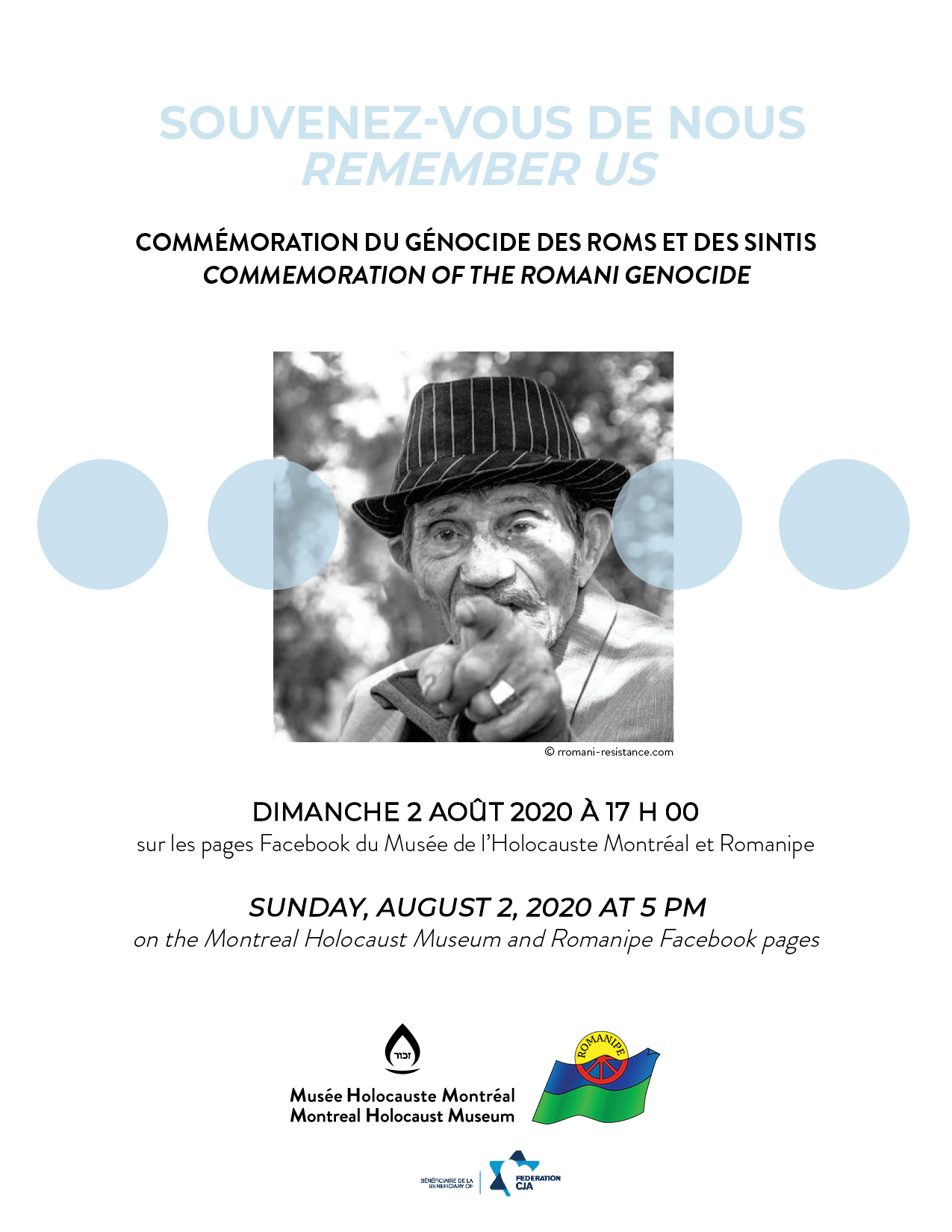
Remember Us: Commemoration of the Romani Genocide
2 August 2020, 2 August, 17:00 EST (UTC−04:00), Virtual Event
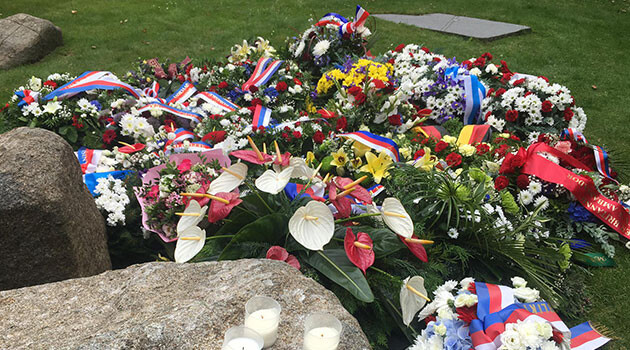
Traditional commemorative ceremony dedicated to the Romani victims of Nazism will be held on Sunday, 1 August at Lety u Písku, Czech Republic
Commemorative ceremony at Lety u Písku, 2 August 2020. (PHOTO:
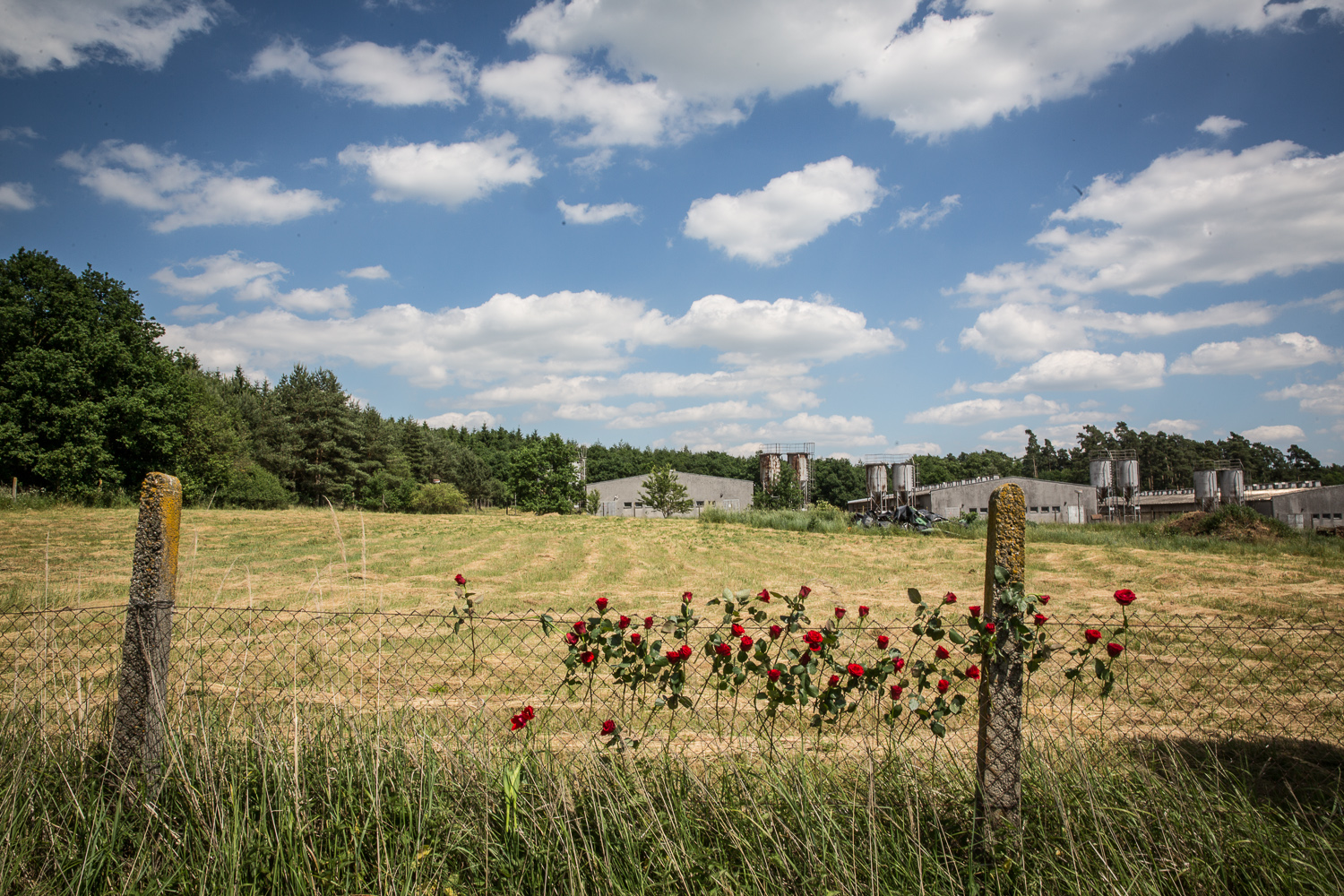
The struggle for the removal of the pig farm at the former “Gypsy camp” near Lety u Písku
Exhibition “The long path to recognition of the Roma and Sinti Holocaust”

#RomaRemember
Joint statement on the occasion of 2 August 2020 – International Holocaust Memorial Day for Sinti and Roma
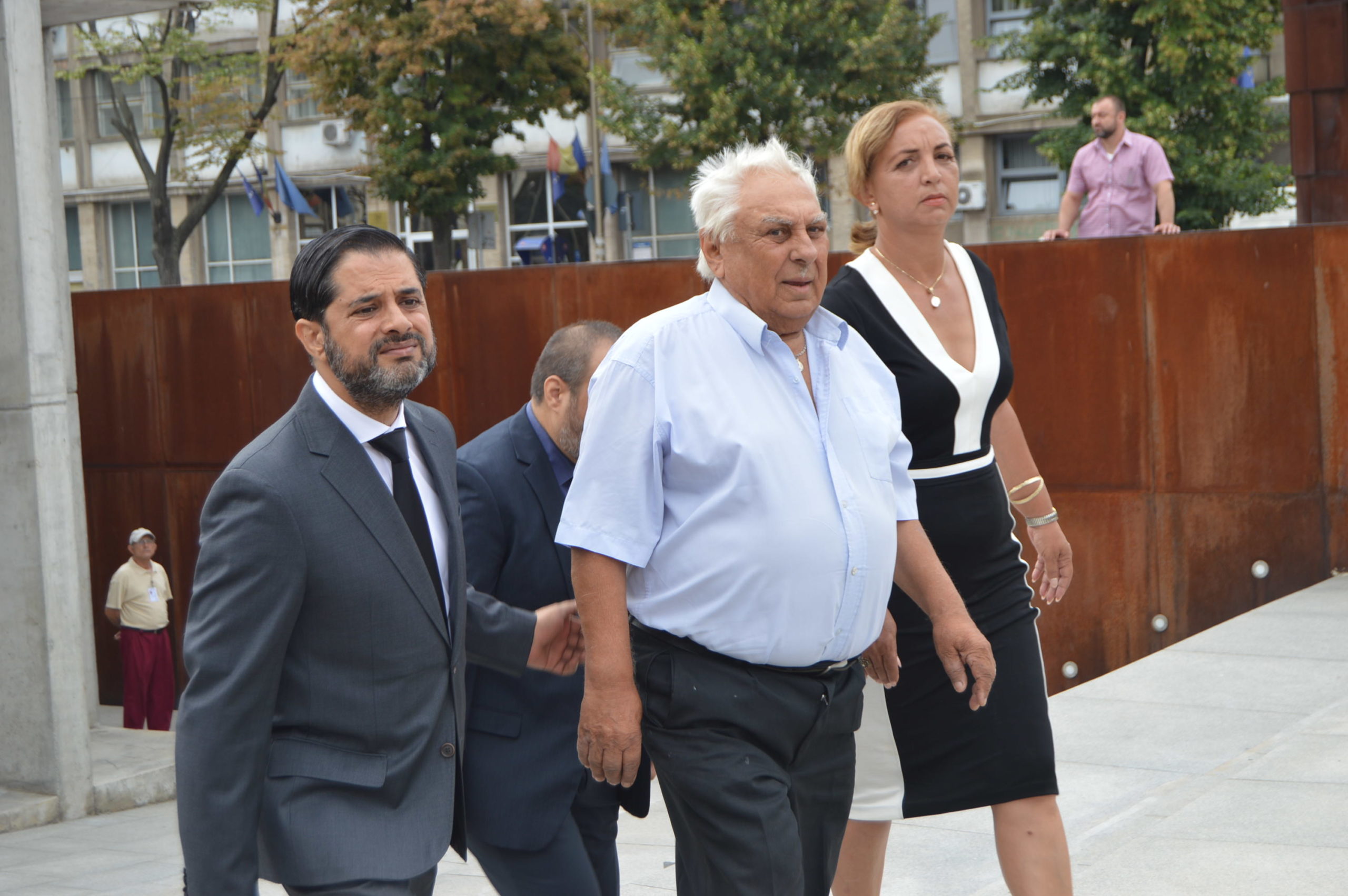
The Holocaust in Romania and deportations of Roma to Transnistria
Exhibition “The long path to recognition of the Roma and Sinti Holocaust”

The Jasenovac concentration camp and the struggle for recognition in Croatia
Exhibition “The long path to recognition of the Roma and Sinti Holocaust”
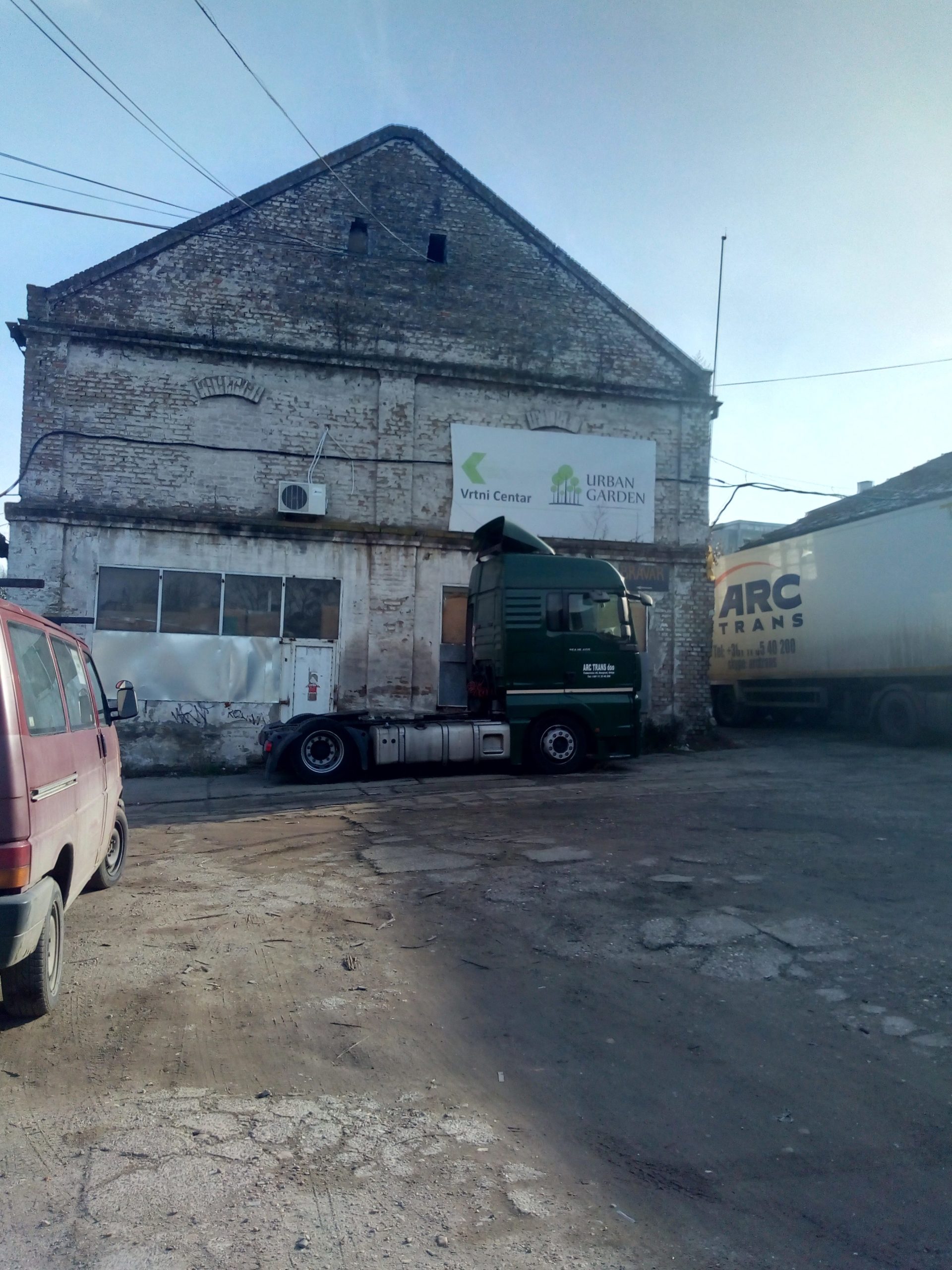
Struggle for a dignified memorial site
Camp Topovske šupe in Serbia
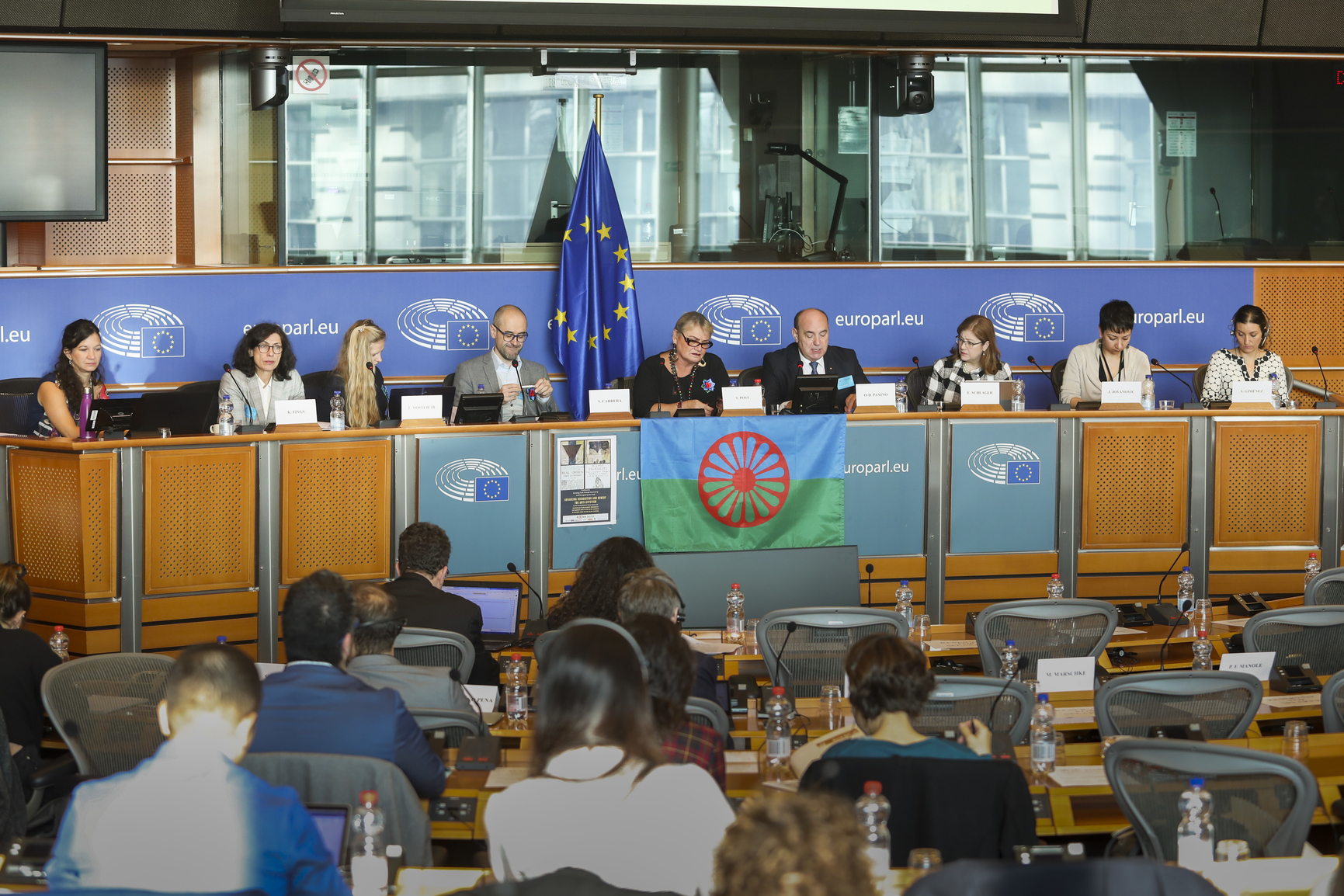
From Remembrance to Reconciliation
International Conference in Brussels, March 2019










